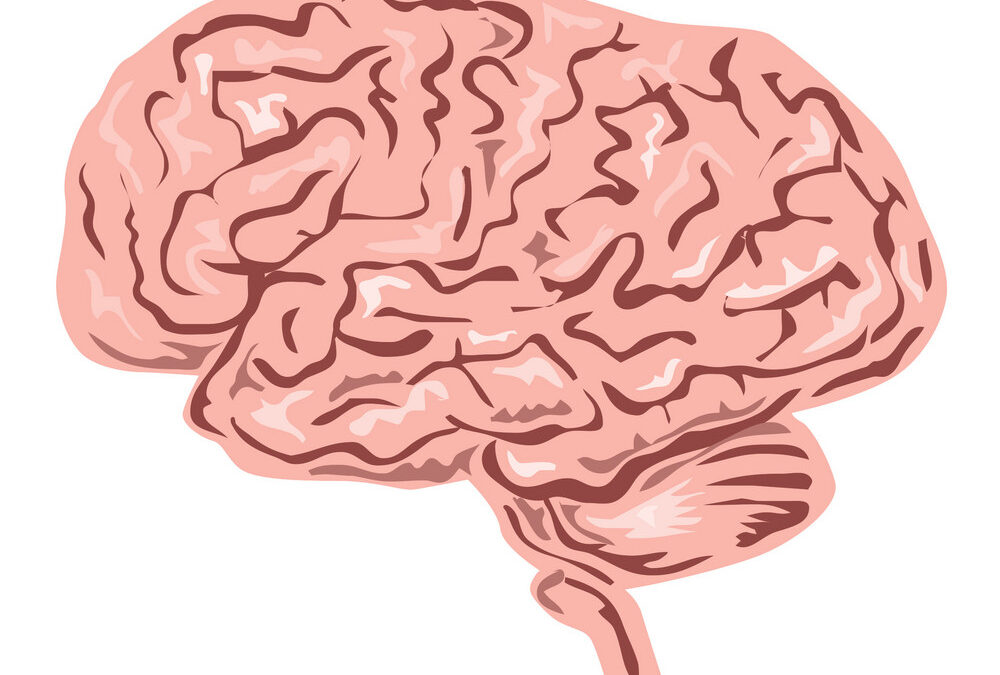Post-traumatic stress disorder (PTSD) commonly affects combat veterans, survivors of car accidents, and many others who suffered a variety of dangerous and life-threatening situations. According to the Anxiety & Depression Association of America, 3.6 percent of the nation’s adults experienced PTSD during the past year. Here’s a closer look at common PTSD triggers and treatments that could help.
Many Types of PTSD Triggers
A PTSD trigger is virtually anything that reminds someone with PTSD of the conditions that contributed to the problem. The trigger might be a particular smell, a large crowd, or maybe executing a traffic maneuver that the individual was doing when struck by another vehicle. Anything that closely reminds the individual of the conditions that existed when the event or events that resulted in the PTSD occurred could be a trigger that causes that person to suddenly feel anxious, depressed, or otherwise distressed.
Neurofeedback Therapy Enhances Brain Function
Among the many therapies offered for patients is neurofeedback trauma therapy, which does not involve medication. Instead, facilities use a three-part feedback system that uses an electroencephalogram (EEG) to monitor your brain activity. Using clinical software, professionals observe your brain activity and send biofeedback to your mind to help improve mental functioning. This therapy helps to better regulate how your brain processes triggering mechanisms that normally would worsen your PTSD.
EMDR Trauma Therapy Heals Emotional Distress
Eye movement desensitization and reprocessing (EMDR) trauma therapy helps those afflicted with PTSD to heal and reduce the emotional distress and other symptoms that commonly occur. EMDR trauma therapy helps to remove the mental blocks that interfere with healing following events that cause PTSD. As your mind heals, PTSD triggers become less pronounced as your mind undergoes a natural healing process.
Exposure Therapy Reduces Fear
Exposure therapy helps to address situations that cause anxiety, which in turn could trigger PTSD symptoms. Instead of avoiding social situations, objects, or activities that might trigger PTSD, exposure therapy uses a variety of techniques to expose the patient to situations, objects, and activities within a completely safe environment. The exposures help to build natural tolerances to the stimuli and enable patients to heal mentally while reducing the frequency and effect of PTSD triggers.
You can call or visit our office to learn more about EMDR trauma therapy and other therapies. We do anything we can to better help you better cope with PTSD and its many potential triggers. We are based in Lake Oswego, Oregon, and would love to hear from you.

